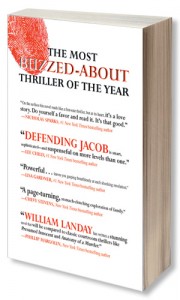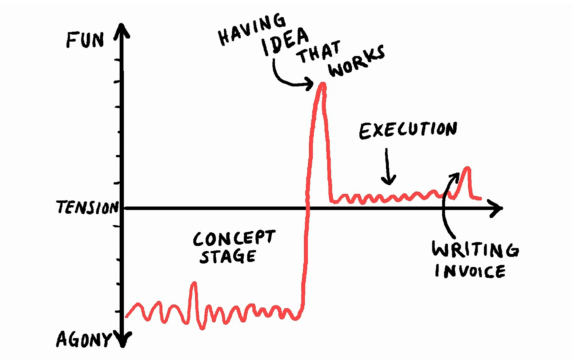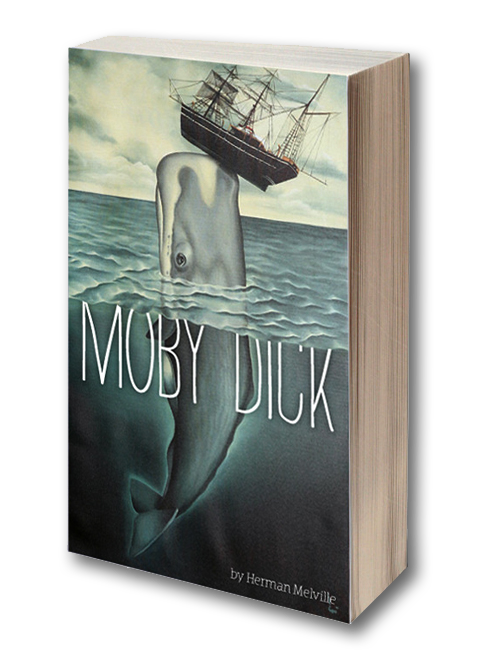 For the next couple of weeks, you can win an advance copy of Defending Jacob. These pre-publication editions are actually pretty rare. Intended for reviewers and booksellers, Random House is printing fewer of them than they used to, as all publishers are these days. I was only able to wheedle a few of them out of my editor. I’ll be giving away four to people who are on my mailing list. Details are here.
For the next couple of weeks, you can win an advance copy of Defending Jacob. These pre-publication editions are actually pretty rare. Intended for reviewers and booksellers, Random House is printing fewer of them than they used to, as all publishers are these days. I was only able to wheedle a few of them out of my editor. I’ll be giving away four to people who are on my mailing list. Details are here.
And while I’m openly shilling for my books, a little reminder: if you haven’t “liked” my Facebook fan page, please do. I’d love to have all these social-media channels ready when the book comes out next winter. The only way to promote a book is word of mouth, and this is what word of mouth looks like now.



